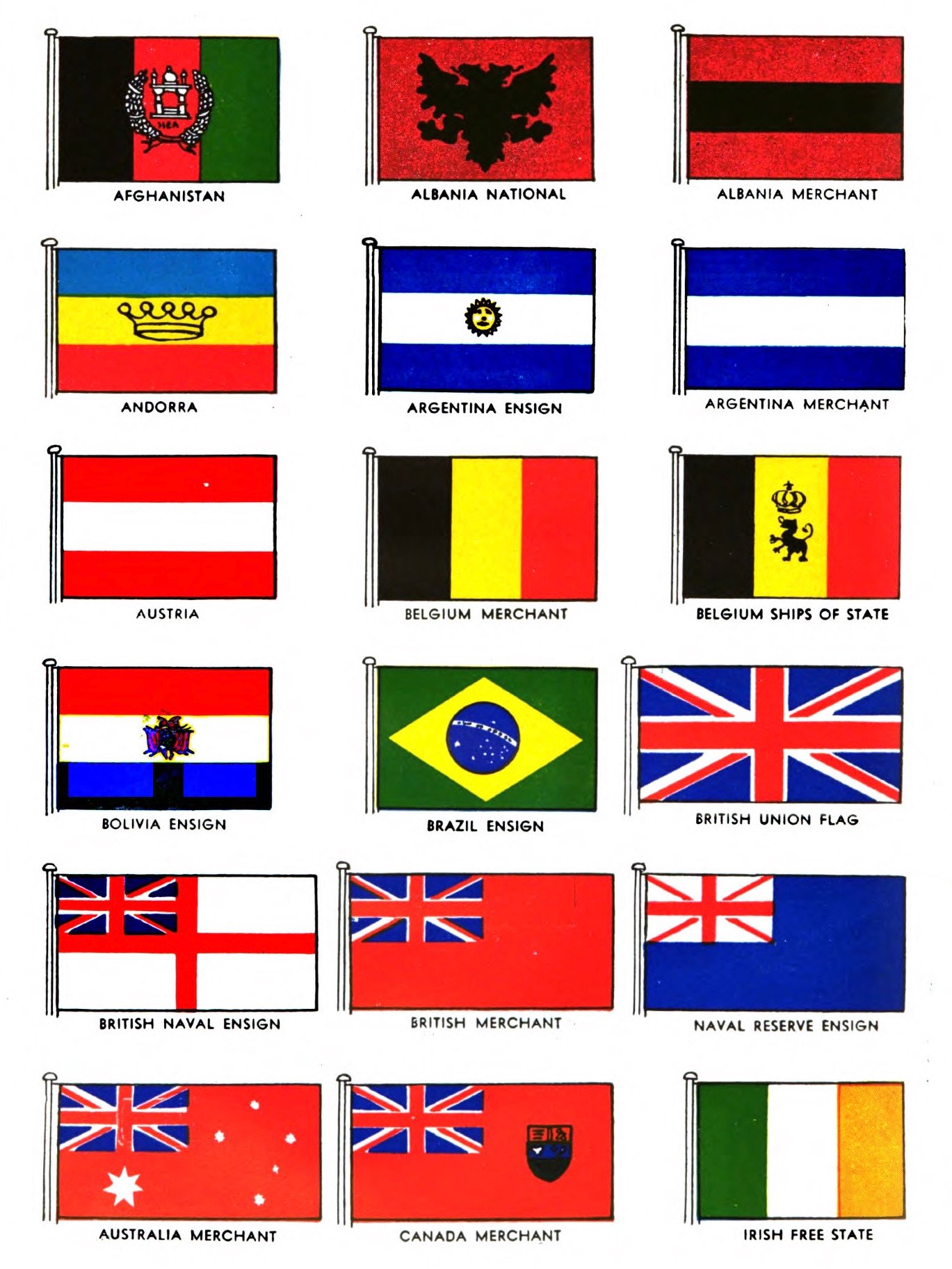In the vast galaxy of relationships, where the stars of love and connection often align beautifully, there exists a dark and treacherous phenomenon known as toxic relationships. These complex constellations of unhealthy dynamics have the power to consume and destroy, leaving those caught within their gravitational pull lost and bewildered. How can one identify these poisonous bonds? How can we navigate through the cosmic chaos and restore harmony to our celestial selves? Join us as we embark on a celestial journey of recognizing and addressing toxic relationships, shining a light on the darkest corners of our emotional universe. In this article, we shall delicately and dispassionately explore the signs, patterns, and consequences of these destructive dynamics while unveiling ways to break free from their toxic orbits. Brace yourselves, brave souls, for we are about to decipher the celestial riddles that lie within our interconnected hearts.
Red Flags: Identifying Warning Signs of Toxic Relationships
Relationships are meant to uplift and support us, but unfortunately, some can have detrimental effects on our well-being. It’s crucial to recognize the red flags that can indicate a toxic relationship. By identifying these warning signs early on, you can protect yourself and take necessary action. Remember, your happiness and mental health should never be compromised.
1. Constant Criticism and Disrespect
In a healthy relationship, respect and constructive criticism are key. However, if you find yourself constantly subjected to demeaning comments and a lack of regard for your feelings and opinions, it’s a strong indication of toxicity. Insults, belittlement, and constant negativity have no place in a loving partnership.
2. Controlling Behavior
Toxic relationships often involve a power imbalance where one partner exhibits controlling behavior. This may manifest as excessive jealousy, monitoring your every move, isolating you from friends and family, or making decisions without your input. Recognize your right to autonomy, and if your partner continually undermines it, it’s time to reassess the relationship’s health.
3. Lack of Accountability and Blame-shifting
Relationships thrive on accountability and taking responsibility for one’s actions. However, in toxic dynamics, blame-shifting becomes the norm. If your partner constantly deflects blame onto you, sidesteps important discussions, or refuses to address their own shortcomings, it can create an unhealthy and emotionally draining environment.
4. Emotional Manipulation and Gaslighting
Gaslighting and emotional manipulation are tactics used by toxic individuals to control and invalidate their partner’s feelings or reality. They might dismiss your emotions, distort events, or make you question your own sanity. Beware of these signs, as they can gradually erode your self-esteem and leave you feeling confused and trapped.
Remember, recognizing these red flags is the first step towards creating a healthier and happier life for yourself. Trust your instincts, set boundaries, and don’t be afraid to seek support from trusted friends, family, or professionals. You deserve to be in a relationship that uplifts and nurtures your well-being.

Unhealthy Patterns: Understanding the Dynamics that Foster Toxicity
Within various aspects of life, we encounter a multitude of patterns that can negatively impact our well-being without us even realizing it. These detrimental dynamics foster toxicity within our relationships, workplaces, and even within ourselves. It is crucial to unravel these unhealthy patterns, for only by understanding their roots can we hope to break free from their grip and cultivate healthier and more fulfilling lives.
One common unhealthy pattern that frequently emerges is the lack of effective communication. When communication channels are obstructed, misunderstandings and misinterpretations can flourish, leading to resentment and tension among individuals. It is important to cultivate an environment where open and honest communication is encouraged, allowing for the free flow of ideas and emotions.
Another toxic pattern revolves around the excessive need for control. Often rooted in fear and insecurity, this pattern stifles personal growth and negatively impacts relationships. By acknowledging that not everything is within our control and embracing flexibility, we can create a space for growth and understanding, enabling healthier connections with others.
- Self-criticism and negative self-talk is yet another pattern that can poison our well-being. Constantly belittling ourselves undermines our self-confidence and saps our motivation. Recognizing our inherent worth and embracing self-compassion allows us to break out of this vicious cycle, fostering a positive and nurturing inner voice.
- Inability to set boundaries can also contribute to toxic dynamics. Whether it is in personal or professional settings, failing to establish healthy boundaries can lead to overwork, emotional exhaustion, and feeling taken advantage of. Learning to assertively communicate our limits and needs is crucial for maintaining healthy relationships and achieving a balanced lifestyle.
Identifying and understanding these toxic patterns is essential for personal growth and fostering healthier connections with others. By actively combating these dynamics, we can create a more harmonious and nurturing environment, both for ourselves and those around us. Embracing self-awareness and a willingness to change are vital steps in freeing ourselves from the grasp of these unhealthy patterns and cultivating a more fulfilling life.

Breaking Free: Strategies for Ending Toxic Relationships and Healing
Toxic relationships can drain us emotionally, mentally, and even physically. It’s crucial to recognize when a relationship is toxic and take the necessary steps to free ourselves from its destructive grasp. While it may be painful to let go, remember that choosing your well-being is paramount. Here are some empowering strategies to help you stand up, break free, and embark on a journey of healing:
- Self-reflection: Take time to reflect on the relationship and evaluate its overall impact on your life. Acknowledge the negative patterns, manipulation, or abuse that may be present. This self-awareness is essential for embracing positive change.
- Establish boundaries: Clearly define and communicate your boundaries to protect yourself from further harm. Establish what is acceptable and what is not, and hold firm to these boundaries. Remember, you have the right to be respected and treated with kindness.
- Seek support: Surround yourself with a strong support network of friends, family, or professional counselors who can provide love, guidance, and perspective. They can offer invaluable emotional support as you navigate the challenging journey of ending a toxic relationship.
- Practice self-care: Prioritize your well-being. Engage in activities that bring you joy and relaxation, whether it’s practicing mindfulness, indulging in hobbies, or spending time in nature. Taking care of yourself is essential for building resilience and restoring your emotional strength.
Remember, breaking free from a toxic relationship requires courage and strength. Embrace these strategies to regain control of your life and create a path towards a healthier, more positive future.

Self-Care: Nurturing Your Mental Health and Well-Being in Toxic Relationships
In the midst of toxic relationships, it is vital to prioritize self-care and nurture your mental health for overall well-being. Here are some effective strategies to help you navigate this challenging journey:
- Set boundaries: Establishing clear boundaries is crucial in toxic relationships. Identify what you will and will not tolerate, and communicate these boundaries assertively but kindly. This will create a foundation of respect and protect your mental and emotional space.
- Practice self-awareness: Be mindful of how the toxic relationship affects your mental health and well-being. Recognize your emotions and triggers, and take the time to understand why certain behaviors or situations impact you negatively. This self-awareness will empower you to make more informed decisions about your mental health.
- Engage in self-reflection: Regularly reflect on your own thoughts, feelings, and behaviors within the toxic relationship. Are you enabling the toxicity or perpetuating the cycle? Reflecting on your own actions will enable personal growth and help you break free from toxic patterns.
Remember, taking care of your mental health is not selfish; it is necessary for your overall well-being. Seek support through therapy, support groups, or confiding in trusted friends and family. By practicing self-care and nurturing your mental health, you empower yourself to navigate toxic relationships with strength and resilience.

Seeking Support: Resources and Tools for Addressing Toxic Relationships
Dealing with toxic relationships can be emotionally draining and challenging. If you find yourself trapped in such a situation, it’s crucial to seek support and empower yourself to break free. We have compiled a list of valuable resources and tools that can aid you in addressing toxic relationships and taking steps towards a healthier life.
1. Supportive Websites and Online Communities
Explore websites and online communities dedicated to helping individuals navigate toxic relationships. These platforms provide a safe space to connect with others who have faced similar challenges. Some notable online communities include:
- ToxicFreeLife: A comprehensive website offering articles, expert advice, and a supportive online community.
- HealingWell: A forum-based community where individuals share their experiences, advice, and provide support in toxic relationship recovery.
- PsychCentral Forums: A large community that covers various mental health topics, including toxic relationships, with active peer support.
2. Therapy and Counseling Services
Consider reaching out to professional therapists or counselors who specialize in relationship dynamics and toxic behavior. These professionals can guide you through the healing process and help you develop effective coping mechanisms. Online platforms like BetterHelp and Talkspace offer affordable and convenient options for virtual therapy sessions from licensed professionals.
3. Self-Help Books and Educational Content
Empower yourself with knowledge by reading insightful self-help books and consuming educational content focusing on toxic relationships. Here are some highly recommended resources:
- “Boundaries: When to Say Yes, How to Say No to Take Control of Your Life” by Dr. Henry Cloud and Dr. John Townsend.
- “Toxic People: Decontaminate Difficult People at Work Without Using Weapons or Duct Tape” by Marsha Petrie Sue.
- “The Emotionally Abusive Relationship: How to Stop Being Abused and How to Stop Abusing” by Beverly Engel.
Remember, acknowledging that a toxic relationship is harming your well-being is an essential first step towards positive change. These resources and tools are designed to provide guidance, support, and insights, enabling you to reclaim your happiness and nurture healthy relationships in the future.
Concluding Remarks
As we come to the close of this article, we hope you have gained valuable insights into the intricate and often perplexing realm of toxic relationships. It is an unsettling reality that many individuals find themselves entangled in such unhealthy dynamics, often without even realizing it.
We embarked on this journey with the intention of illuminating the subtle signs and red flags that may indicate the presence of toxicity in your own relationships. Our aim has been to empower you, dear reader, with the knowledge and awareness necessary to recognize these dynamics and take decisive actions to address them.
Throughout this exploration, we have delved into the multifaceted nature of toxic relationships, exposing the various ways that they manifest themselves – from the clutches of manipulative behavior and emotional abuse to the stifling grip of narcissism and controlling tendencies. By offering you a comprehensive understanding, it is our hope that you can navigate these treacherous waters with heightened sensitivity and clarity.
Yet, recognizing unhealthy dynamics is not enough. Armed with newfound knowledge, it becomes imperative to take concrete steps towards breaking free from the toxic bonds that hold you captive. By setting boundaries, seeking support from trusted confidantes, and practicing self-care, you can pave the way towards reclaiming your emotional well-being and establishing healthier connections.
It is essential, however, to acknowledge that addressing toxic relationships is often a challenging and emotionally tumultuous journey. Detaching from someone you once held dear can evoke feelings of guilt, loneliness, and even grief. But remember, dear reader, that you are deserving of happiness, respect, and love that is genuine and nourishing.
Toxic relationships need not define us. By mustering the courage and resolve to confront these unhealthy dynamics head-on, we can embark on a path towards self-discovery, healing, and growth. Embrace the opportunity for a fresh start, rooted in newfound wisdom and an unyielding commitment to your own well-being.
As we conclude this article, we urge you to trust your instincts, prioritize your emotional health, and surround yourself with positive influences. Remember, you have the power to break free from toxic relationships and craft a future that is anchored in love, respect, and authenticity.
May this knowledge guide you towards a life abundant with fulfilling and harmonious connections.




